Introdução
O Twitter sempre foi mais do que uma rede social comum — ele moldou a cultura digital, impulsionou movimentos sociais e redefiniu a forma como consumimos informações em tempo real. Mas, com a recente transformação para X, será que ele ainda é o mesmo?
No Twitter Day, vamos explorar a evolução dessa plataforma, desde sua criação até as mudanças mais recentes, além de alguns fatos curiosos e inesperados sobre essa rede que já foi chamada de “a praça pública da internet”.
Se você acha que sabe tudo sobre Twitter (ou melhor, X), talvez seja hora de repensar.
📖 Aqui você encontra…
clique para verNível:
B1
Objetivo:
Expandir o vocabulário relacionado a redes sociais, tecnologia e mudanças no mundo digital, além de entender a evolução do Twitter para X e seu impacto cultural.
Tópicos gramaticais abordados nesse texto:
-
Present Simple: Para descrever fatos e verdades gerais, como em “It was created in 2006.”
-
Past Simple: Para narrar eventos históricos e mudanças na plataforma, como em “Jack Dorsey posted the first tweet in 2006.”
-
Present Perfect: Para conectar ações passadas ao presente, como em “Twitter has played a major role in global activism.”
-
Comparatives and Superlatives: Para contrastar diferenças entre Twitter e X, como em “X is more complex than Twitter ever was.”
-
Passive Voice: Para destacar ações em vez do sujeito, como em “Twitter was rebranded as X by Elon Musk.”
-
Relative Clauses: Para adicionar informações sem repetir ideias, como em “Twitter, which was once a microblogging site, is now evolving into X.”
-
Expressions of Time: Como “since 2006,” “over the years,” e “in recent changes”, que situam eventos no tempo.
Twitter, X, and the Ever-Changing World of Social Media
If there’s one social media platform that thrives on speed, chaos, and real-time reactions, it’s Twitter — well, technically, it’s X now. What started in 2006 as a microblogging site with a 140-character limit evolved into one of the most powerful communication tools in the world.
But with its recent transformation into X, owned by Elon Musk, many are wondering: Is it still the same platform that shaped internet culture?
To celebrate Twitter Day, let’s take a look at its past, its present, and some lesser-known facts about the site that changed how we interact online.
📢 1. Twitter Was Almost Called… “Friendstalker”?
Before Twitter became Twitter, the team brainstormed several potential names, and one of the (terrible) contenders was “Friendstalker”. The idea was to highlight real-time updates about what your friends were doing — but as you can imagine, that name sounded more like a horror movie than a social network.
Thankfully, they went with Twitter, inspired by the concept of “short bursts of information” (like birds tweeting). Much better, right?
🌍 2. The First-Ever Tweet Was… Kinda Boring
Jack Dorsey, one of Twitter’s founders, posted the very first tweet on March 21, 2006. What did he say? Something deeply insightful? Groundbreaking? Nope.
He tweeted: “just setting up my twttr.”
And just like that, history was made.
🔥 3. Twitter’s Character Limit Has a Reason
Originally, Twitter had a 140-character limit, which wasn’t just a random decision. It was inspired by the 160-character limit of SMS text messages. The goal? Keep messages short, snappy, and easy to read.
In 2017, Twitter doubled the limit to 280 characters, and while some celebrated the extra space, others argued it ruined the essence of quick, witty tweets.
Now, with X’s new direction, some users have longer post options, subscription-based features, and even monetization opportunities. But does this change what made Twitter unique in the first place?
💡 4. Twitter (X) and Social Movements: More Than Just Memes
Think Twitter is all about viral jokes? Think again. The platform has played a huge role in global activism.
From the Arab Spring (2010-2012) to movements like #BlackLivesMatter, #MeToo, and #FreeBritney, Twitter has been instrumental in spreading awareness, organizing protests, and amplifying voices that might otherwise go unheard.
One of the biggest questions now is: Will X still serve as a platform for activism, or will its shift in focus limit this role?
🚀 The Transition from Twitter to X – What’s Changing?
Elon Musk’s acquisition of Twitter in 2022 marked the beginning of a radical transformation. In 2023, he rebranded Twitter as X, stating that his vision was to turn it into an “everything app”, similar to WeChat in China.
Here are some of the biggest changes:
The end of the iconic blue bird logo → The platform is now called X, with a sleek black-and-white aesthetic.
New subscription services → Users can now pay for verification (blue checkmarks) and access exclusive features.
Longer posts & monetization → Twitter’s short-form posts are no longer the norm — some users can write long articles and even make money from their content.
AI and bots → Musk has hinted at integrating AI-driven features, changing how content is delivered.
While some users embrace the evolution, others feel that X is losing what made Twitter special: its raw, unfiltered, and fast-paced nature.
🎯 Is X Still Twitter, or Is It Something Else?
The transition from Twitter to X raises a fundamental question: is this still the same platform we once knew?
On one hand, the changes could push X toward a more advanced and dynamic future. On the other hand, many argue that the essence of Twitter — its spontaneity, brevity, and democratic nature — is fading. What do you think? Is X the future of social media, or is it losing its charm?
📩 Want to Improve Your English? Let’s Talk!
At Apollo Academy, we believe that learning should be fun, engaging, and full of real-world conversations — just like Twitter (or should we say, X?). If you want to improve your English and express yourself fluently online and offline, we’ve got the right course for you.
📞 Contact us today and start your journey!
Bora pra um Quiz nostálgico?
“Pick between foods, colors, and more, and we’ll tell you which social media you are!”
Pick a snack to eat while scrolling on your phone:

What’s your ideal weekend activity?

Choose a color that represents your vibe:

Pick a classic internet sound:

What’s your go-to way of communicating?

Your phone battery is at 2%. What do you do?

Choose a type of internet drama:

How do you react when your friend sends a meme?

Which old-school internet trend would you bring back?

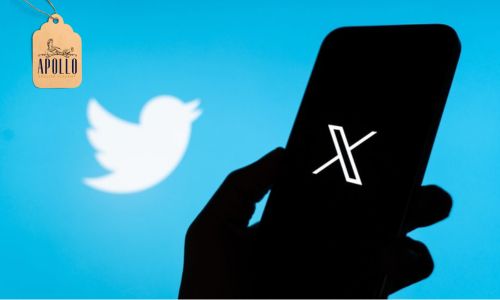
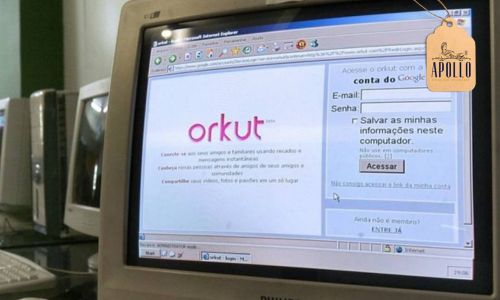
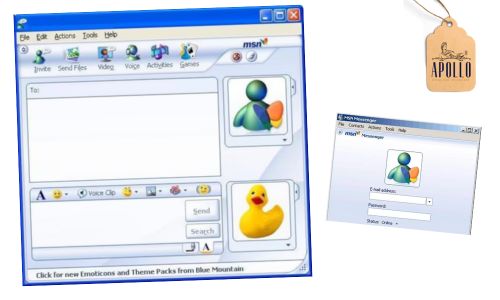
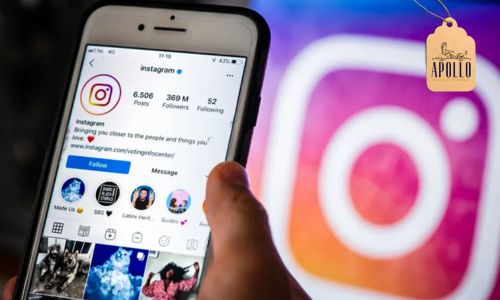
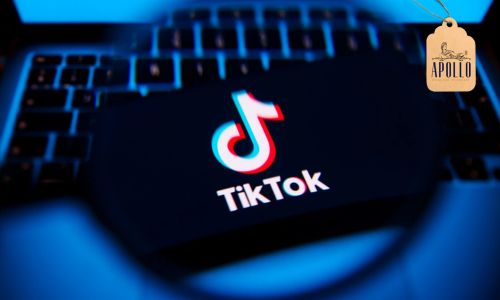




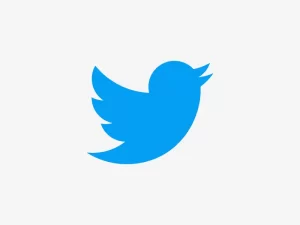
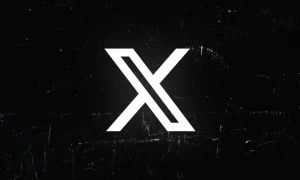

Uma resposta
Adorei!!!